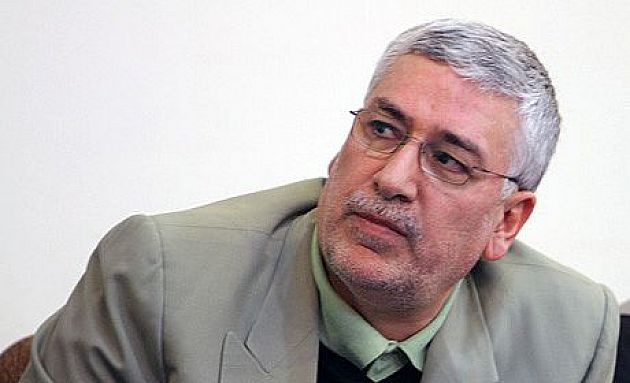Public Diplomacy in Resolution 598 and Geneva Agreement

The Geneva Agreement and Resolution 598 are both considered as national issues. Iran accepted Resolution 598 one year after its adoption in the UN Security Council in June 1988. The Geneva Agreement was extended one year after its signing in Geneva in November. Both cases have had effects on the economy and Iran’s markets.
A comparison between Resolution 598 and the Geneva Joint Plan of Action and the polls show that the majority of the people have had a positive reaction to these negotiations; 65% of the people presented a positive reaction to the Joint Plan of Action, 11% opposed it, 9% were conditional and 15% showed no reaction.
Following Iraq’s attack against Kuwait in 1990, the then UN Secretary General issued a statement and declared Iraq as the aggressor. Later, the Supreme Leader sent a letter of appreciation for 66 people in Iran who were members of the High Council of National Security, the Foreign Minister and his deputies and members of the negotiating team. There were many other people who were either present in the negotiations or were active in the think tanks or prepared reports for Imam Khomeini. But in the Joint Plan of Action only a six-member team comprised of Foreign Ministry officials and a member of the Atomic Energy Organization and another person were involved.
Regarding the media, it must be said that the media did not have the same presence at the time of the adoption of Resolution 598. Today, the conditions have changed and international media and even domestic ones are present in Vienna, Geneva and New York. On the other hand, there exist social networks which are also used by the Foreign Minister.
In the adoption of Resolution 598, the other negotiating party was comprised only of the Iraqi delegation and the UN Secretary General along with three other deputies. Now the negotiating parties include the US, Britain, France, Germany, China and Russia –the last two of which are more difficult to deal with- and also the IAEA. In both cases, Resolution 598 and the Geneva Joint Plan of Action, negotiations were supported by the Supreme Leader.
The Iranian elites supported the negotiation in Resolution 598. Perhaps one of the reasons was the dialogue which existed with these elites. But it seems that although the majority of the Iranian experts support these negotiations today, there are different views in this regard. This is because experienced people were consulted during the time of the war and people extended their help. Although it seems that today the officials ask the elites to help but a more limited circle advance the task.
The countries which had interests in Resolution 598 were Iran, Iraq, the Persian Gulf littoral states, Russia, the US and France. But it seems that today there are more countries which have interests in the resolution of the nuclear issue and the countries of the Persian Gulf Cooperation Council, China and Europe have been added.
In the end, four points must be considered; first, this comparison shows that collaboration must be created among the experts. This point must also be noted that any action must be welcomed by the public opinion. Although certain issues must remain secret, this cannot be a reason for not establishing dialogue with different people. Second, those who oppose these negotiations have active websites and use modern information technologies to express their opinions. Third, the Iranians who reside outside the country must be used. Although these people did not involve themselves in such issues in the past, they should get involved in the trend of negotiations. Fourth, a person must be appointed to make a record of these negotiations.

